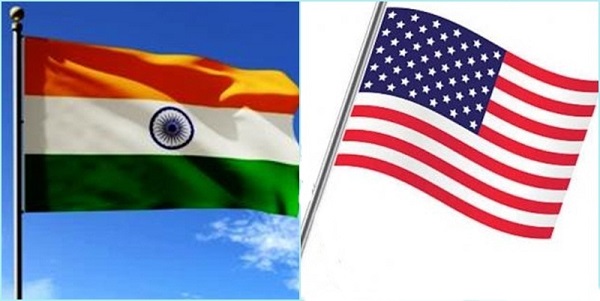New Delhi, (Samajweekly) India no longer remains dependent on the US for its natural honey exports and has started eying the other lucrative markets such as the UK, Europe, and Southeast Asia.
“We are working in close collaboration with the state governments, farmers, and other stakeholders in the value chain to boost exports to other countries and regions such as the United Kingdom, European Union, and South East Asia,” The Agricultural and Processed Food Products Export Development Authority (APEDA) Chairman, Dr M. Angamuthu said.
India is also renegotiating the duty structure imposed by various countries for boosting honey exports.
At present, India’s natural honey exports are majorly dependent on one market – the US which accounts for more than 80 per cent of the exports.
APEDA has been facilitating honey producers in accessing export markets besides availing government assistance under different schemes, quality certification, and lab testing. It is working with the exporters to deal with the challenges such as higher freight cost, limited availability of containers in peak honey export season, higher Nuclear Magnetic Resonance test costs, and inadequate export incentives.
India exported 59,999 metric tons (MT) of natural honey worth Rs 716 crore ( $96.77 million) during 2020-21, with the US taking a major share at 44,881 MT. Saudi Arabia, United Arab Emirates, Bangladesh, and Canada were the other top destinations for Indian honey.
With the total honey exports globally in 2020 at 736,266.02 MT, India ranks 8th and 9thAin the world in honey producing and exports, respectively.
The government approved an allocation of Rs 500 crore for the National Beekeeping and Honey Mission (NBHM) for three years (2020-21 to 2022-23). The mission, announced as part of the AtmaNirbhar Bharat initiative in February 2021, aims for the overall promotion & development of scientific beekeeping in the country to achieve the goal of “Sweet Revolution” which is being implemented through the National Bee Board (NBB). There is a budget of Rs 170 crore for the mini mission. The purpose is for developing beekeeping in the country, developing honey clusters, improving the quality and productivity of honey, and also increasing exports.








